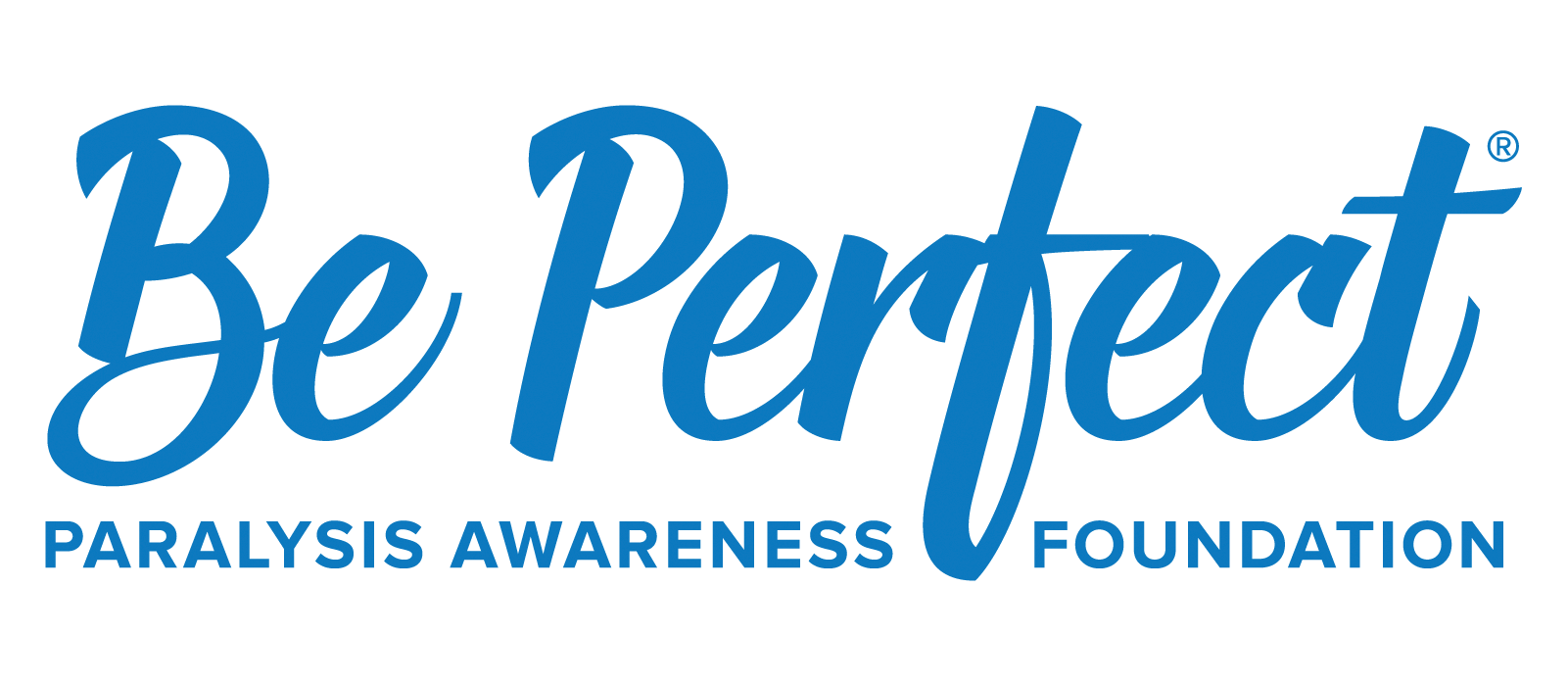Adaptive Parenting for Prospective Parents- Guest article submission
Adaptive Parenting for Prospective Parents
Guest Article
BY JUSTIN BENNETT
Physical disability, mental illness, and cognitive impairment are not barriers to parenthood. They are simply hurdles you have to jump. And just like all new parents, you will have hurdles and plenty of them. The Be Perfect Foundation is pleased to offer a few ideas, products, and practices to help you put your first foot forward on the path toward parenthood.
Conception
For many people with disabilities, having a baby seems a goal well out of reach. Infertility is common and many potential parents must turn to assisted reproduction. Qunomedical reports that “The success and availability of in vitro fertilization have given hope to many infertile couples who have not been able to conceive. Since 1978, 5.4 million babies have been born worldwide with the help of IVF.” IVF is an option for those who are unable to conceive naturally for whatever reason. And it’s becoming more and more available to people with disabilities as the world begins to accept that a missing limb or learning difference should not exclude people from having and raising a family.
Accessibility in the home
It’s never a good idea to wait until the baby arrives to make changes to your home. There are several preemptive safety measures you can take that will make things easier on everyone. Start by fitting each doorway with a wall-mounted baby gate. Avoid tension-mounted products since these must be stepped over instead of through and are not passable by a wheelchair. Invest in a co-sleeper. These are specially-made baby bassinets that are enclosed on three sides and open toward the parents’ bed. They are designed with a connecting sheet to ensure the infant doesn’t accidentally roll between the bassinet and bed.
Breastfeeding moms may also wish to acquire a nursing pillow. These are firm cushions that fit around the waist and support the baby’s weight while feeding. Once the baby is eating solid foods, Velcro bibs are the way to go. These can be put on and removed with a single hand. For bath time, especially for parents with stature concerns, a sturdy stepping stool allows for easy access to the sink, which is the best place to bathe an infant if bending and stooping are issues.
General safety tips
The CDC states, “You play an important role in keeping your child safe…” This is true no matter what the circumstances may be or what disability a new parent must overcome. In addition to home modifications, houses with infants and toddlers should install electrical outlet covers, keep functional smoke and carbon monoxide detectors throughout the house and on each level, and remove potential dangers from the child’s reach as he begins to crawl and explore. Knobs on front-controlled ovens should be fitted with childproof covers or removed altogether when not in use. Consumer Reports offers more information on oven safety here.
Mental preparation
Getting ready to bring a new life into the home requires more than physical preparations. It requires mental preparation, too. Before the baby is born, learn to recognize ways his or her presence will change things. For instance, very social parents may have to put the kibosh on gatherings for a few months while the new family learns to adapt to everyone’s abilities.
You’ll also have to learn to accept that mom guilt is real, and an overarching emotion you may endure as a new parent. This is normal, but go easy on yourself and remember that perfection isn’t what you’re after here; what’s most important is that your baby is loved, fed, and sheltered. Lastly, try to prepare more for the here and now, and what you actually can control. You have control of what you pack in your hospital bag, you have control over what you eat, what you say, and how you react. You also have control over practicing self-care, which is something you’ll need now and well into the future.
Having a baby changes everything. As cliché as that may sound, no truer words have ever been spoken. A disability should not prevent someone from reaching this important, life-changing milestone. It does require planning, both mental and physical, but people who are already learning to adapt to a world made for everyone else should have no trouble altering their life for a new bundle of joy.

